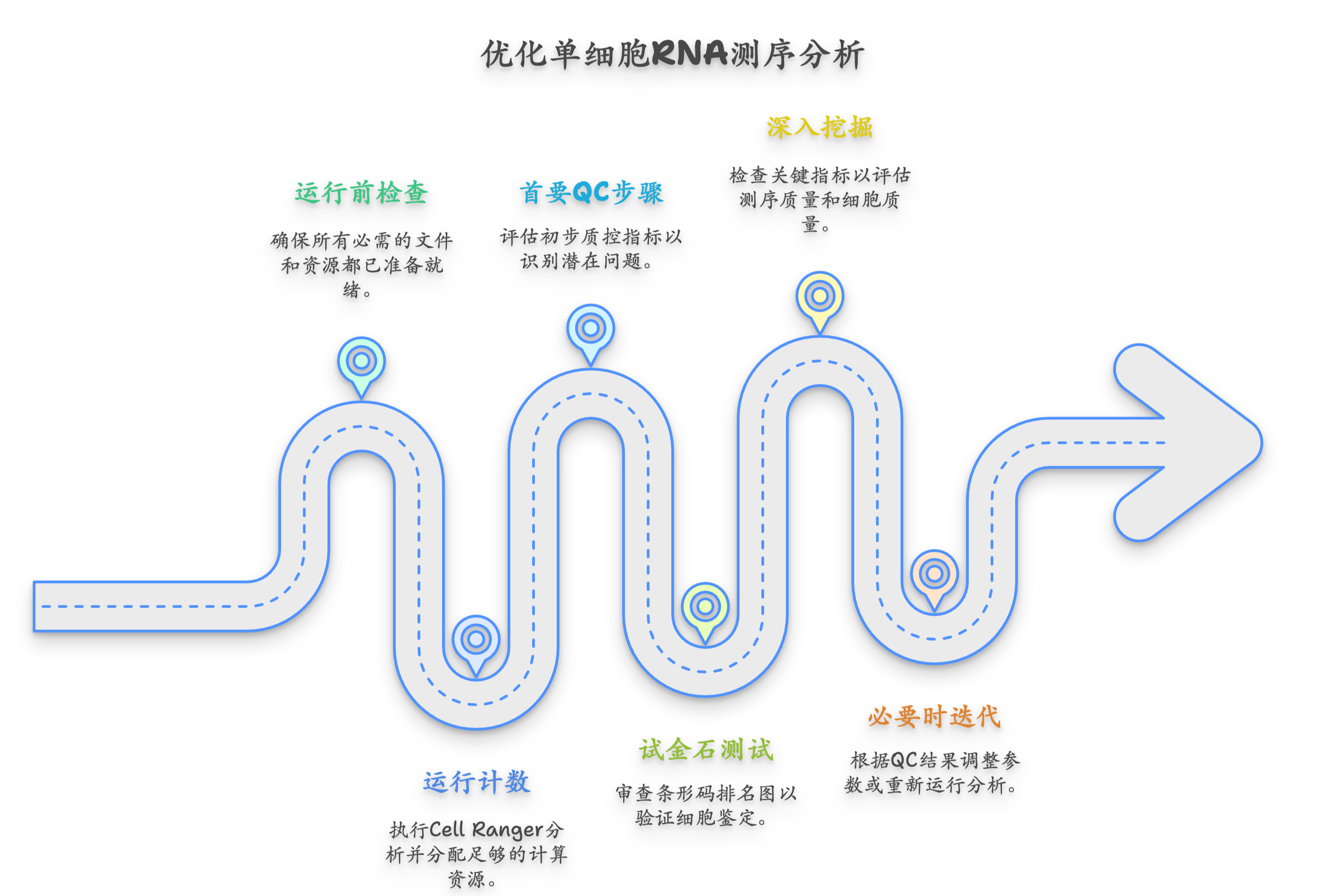
bioinformatics analysis server underpins data-driven precision medicine initiatives. These infrastructures are optimized to ingest enormous sequence datasets and identify key biomarkers. Employing AI-enhanced analysis and robust pipelines, they drive breakthroughs in drug discovery and diagnostics.
Elastic Bioinformatics Computing for High-Volume Analysis
Bioinformatics today produces vast quantities of sequence and multi-omics data that challenge compute resources. Scalable servers are indispensable to process, store, and analyze these large biological datasets.
- Autoscaling capabilities help servers handle variable throughput and large batch jobs.
- Furthermore, these servers often employ parallel and distributed processing architectures to accelerate analyses.
- Servers power tasks from raw read processing to variant prioritization and downstream biological modeling.
Cloud platforms simplify access, provisioning, and collaboration for genomics and multi-omics projects.
Specialized Cloud Environments for Genomic Computation
The sequencing data surge compels adoption of scalable, cloud-based infrastructures for analysis. These platforms combine elastic instances, managed data lakes, and reproducible pipelines for high-throughput work.

Thorough Genomic Analyses with Scalable Distributed Compute
Research pipelines for genomics and proteomics need extensive processing capacity and optimized tooling. Local clusters provide control but often lack the elasticity and ease of cloud bursting for spikes.
Cloud-based compute empowers teams to scale experiments without long hardware procurement cycles.
Additionally, cloud elasticity minimizes idle resources and aligns spending with actual usage while enabling team collaboration.
Cloud-First Bioinformatics: Specialized, Composable Solutions
Bioinformatics advancement calls for configurable cloud platforms that integrate tooling, data, and security. Specialized clouds combine optimized workflows, regulatory-ready tooling, and scalable storage to enable translational science.
Moreover, the intrinsic scalability of cloud computing allows rapid resource changes on demand, democratizing access to advanced bioinformatics and empowering researchers globally.

Dynamic On-Demand Servers for Faster Bioinformatics Turnaround
On-demand infrastructure gives researchers the ability to provision resources exactly when needed. Avoiding on-prem hardware reduces administrative overhead and shortens time-to-result for analyses.
Many providers offer ready-to-run images with alignment, variant-calling, and annotation tools installed. Reducing configuration burden shortens project cycles and enhances reproducibility and collaboration.
Cloud-Based Bioinformatics Services That Empower Discovery
On-demand bioinformatics services enable scientists to run complex analyses without local cluster maintenance. They empower teams to analyze complex datasets and uncover patterns relevant to biology and medicine.

- aaS models let researchers access compute power on demand for peak processing windows.
- The cloud fosters reproducible research by providing shared, versioned environments for collaboration.
- Machine learning, statistical models, and curated analytics uncover novel patterns in omics datasets.
Bioinformatics Servers Enabling Tailored Therapeutics
Large-scale genomic and clinical data integration underpins modern personalized treatment strategies. Servers run variant interpretation, risk modeling, and response prediction to inform patient-specific regimens. Timely computational insights assist care teams in matching patients to precision therapies and adaptive regimens.
Unlocking Biological Insights: The Power of Bioinformatics Computing
Algorithmic analysis decodes biological complexity across scales from molecules to systems. Systematic computational processing finds correlations and causal signals across vast biological datasets.

Advanced compute ecosystems enable rigorous exploration of biological function, evolution, and disease.
High-Performance Next-Gen Infrastructure for Bioinformatics
As data volumes surge, research requires next-generation infrastructure tailored for bioinformatics workloads. These platforms use hybrid HPC-cloud designs to deliver fast, reproducible analyses for diverse omics workflows.
- Cloud platforms allow researchers to burst to large compute pools without owning hardware.
- Dedicated bioinformatics software ecosystems are refined to improve accuracy and reproducibility.
bioinformatics cloud platform
Such infrastructure supports multi-institutional projects and speeds translational and applied research outcomes.
A Robust Bioinformatics Toolset for Scientific Exploration
A rich toolset reduces integration overhead and accelerates research across genomics and molecular biology. Included modules span read alignment, variant calling, genome annotation, phylogenetic pipelines, and structure prediction tools. An easy-to-use interface and integrated resources let biologists and bioinformaticians explore data without heavy admin overhead.
